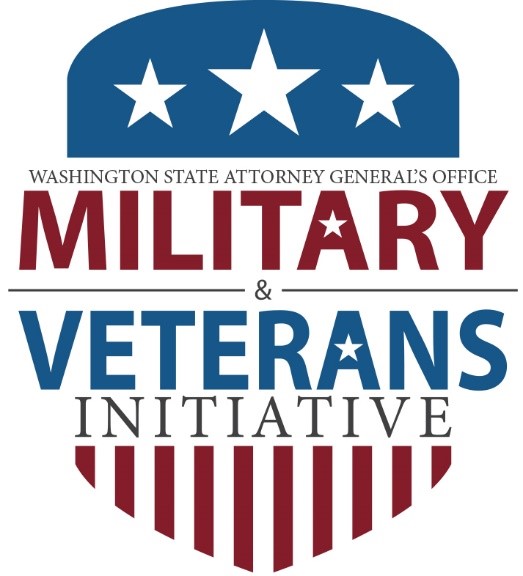There are over 21 million veterans in the U.S.; many of them are not aware of the benefits to which they are entitled. Medical and financial assistance are available to those who have served in the military, but many veterans most in need are not receiving VA benefits. Navigating the VA claims system and applying for discharge upgrades before the Department of Defense are difficult and complex processes. Attorneys play an essential role in removing barriers to VA benefits, such as:

- Lack of evidence to “service-connect” their injuries or disabilities.
- Lack of current medical or mental health evidence documenting severity of symptoms for accurate disability ratings.
- VA eligibility determinations for those given less than fully honorable discharges for behaviors that were related to minor disciplinary infractions or symptoms of Post Traumatic Stress or other service-related disabilities.
Nearly 45% of veterans returning from Iraq and Afghanistan seek compensation from the Department of Veterans Affairs (VA) for service related injuries; 30% of these veterans who file for VA benefits include claims for Post-Traumatic Stress. Many of those who should receive benefits will be denied. Many service members who may be VA eligible are unaware of their legal right to pursue VA benefits, and of those who do apply, more than 90% will be denied. All of them will wait months or years for the VA to issue decisions on their claims. Learn how to navigate the VA claims process and to become an effective advocate for veterans in need. This all-day program will provide an overview of VA disability law and military discharge review law. You will gain an understanding of different types of military discharges, why they are important, and how you can help veterans with less than Honorable discharges.
IMPORTANT! If you get accredited by the VA before you attend this training, the first three hours will satisfy the VA’s CLE requirement. 1. Attorneys and other advocates must be accredited to practice before the VA. To obtain accreditation you must complete this form:
www.va.gov/vaforms/va/pdf/VA21a.pdf. 2. Accreditation by the VA may take several weeks, so do not delay filing your application. You can speed up the process by emailing the form to OGCAccreditationMailbox@va.gov. 3. Within 12 months after accreditation you are required to complete three hours of qualifying CLE. The morning session of this program satisfies that requirement, but only if you have already received your accreditation from the VA. If you have not received it, you should still watch this program, but keep in mind that you will need to complete three additional hours of CLE within 12 months after receiving your accreditation. 4. Attorneys and other advocates who become accredited will be listed on a national VA list, and are entitled to represent veterans in their claims for benefits, on a pro bono basis, and for attorney’s fees on appeals, where they are available.
Who Should Attend: Attorneys seeking meaningful pro bono opportunities and any advocate who wants to help change the life of a veteran with a disability. Attorneys seeking to meet VA’s CLE requirements for new and continuing VA accreditation should also attend. Finally, attorneys who hope to expand their practice areas to include veterans’ cases where fees are available should register for one or more of the sessions.
Title:
Advocating for Veterans: The Basics on VA Benefits, Discharge Upgrades and Veteran Cultural Competency 2018
When/Where:
November 14, 2018
9:00 AM Pacific
Webcast - Register Now!
By:
Practising Law Institute (PLI)
Credit:
Credit in most jurisdictions
Cost:
Free and open to the public.
More Information And Registration
 Military and Veteran Legal Assistance (OMVLA) announced a centralized calendar of upcoming free legal aid clinics across the state. These events, which are coordinated with community partners, provide qualifying military personnel and veterans with free assistance for a range of civil legal issues.
Military and Veteran Legal Assistance (OMVLA) announced a centralized calendar of upcoming free legal aid clinics across the state. These events, which are coordinated with community partners, provide qualifying military personnel and veterans with free assistance for a range of civil legal issues.  Military and Veteran Legal Assistance (OMVLA) announced a centralized calendar of upcoming free legal aid clinics across the state. These events, which are coordinated with community partners, provide qualifying military personnel and veterans with free assistance for a range of civil legal issues.
Military and Veteran Legal Assistance (OMVLA) announced a centralized calendar of upcoming free legal aid clinics across the state. These events, which are coordinated with community partners, provide qualifying military personnel and veterans with free assistance for a range of civil legal issues. 

